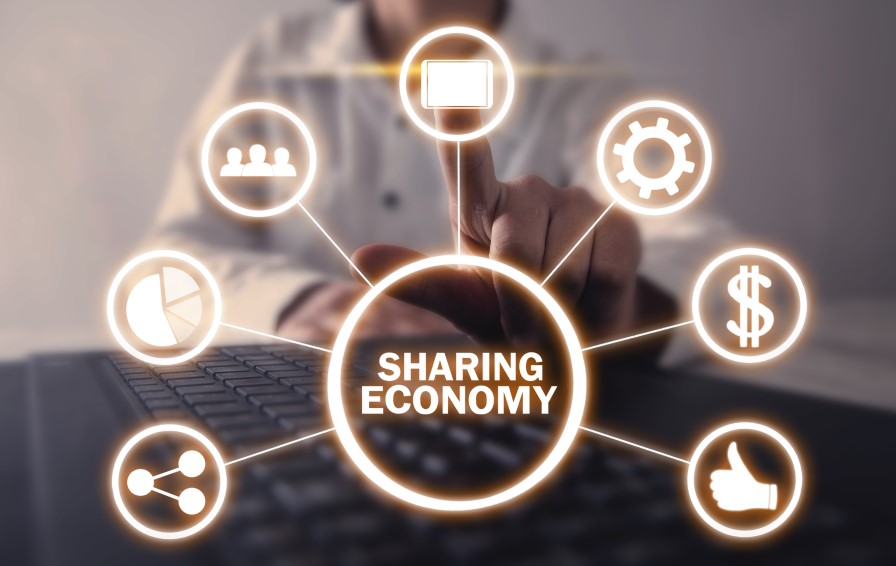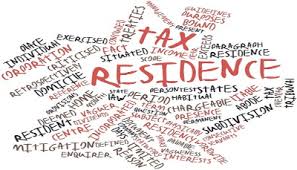The Sharing Economy Report Regime (SERR) has now commenced, for the 2023-24 income year. Only transactions for supplying taxi travel/ride sourcing and short-term accommodation need to be reported under the regime. However, from 1 July 2024, the SERR will apply to all other reportable transactions of electronic distribution platform operators (EDPs) including hiring of assets (consisting of hire of personal assets, storage, or business space), food delivery, and professional performing tasks and activities will need to be reported.
Generally, all operators of electronic distribution platforms (EDPs), must report transactions made through the platform. EDPs are defined as any service that allows sellers to make supplies available to buyers and is delivered via electronic communication (eg website, internet portal, gateway, application, online store, marketplace). It should be noted that platforms that solely provide carriage services that transmit electronic communications, access to payment systems or payment processing services, or advertising that makes customers aware of products and links to them to a merchant’s website are not considered to be EDPs. For example, consider a platform that merely provides a connection between a seller and an end-user, say for services, but transactions are not accepted through the website, and the entity is required to contact the end-user themselves (eg platforms where individuals requiring trades can input the details of work they’re looking to have done and tradespeople can bid for a jobs by directly contacting end-users with offers). These platforms are not considered to be EDPs, and no data will be required to be reported under the SERR. However, if a platform provides a connection between a seller, whether it be individual or a business, with an end-user and the transaction between the two are processed through the platform, then these transactions are captured under the SERR and the operators will need to report: all transactions when an entity uses the EDP platform to make a supply that relates to Australia (including its external territories); all transactions that are available to end-users and receive payment or other consideration for the supply.
It should be noted that EDP operators are not required to report transactions which relate to the sale of goods or real property (ie where ownership changes), for financial supplies, where EDP and the seller are members of the same income tax consolidated group or MEC group, or transactions where tax is required to be withheld from payment under the PAYG withholding regime. Information that will be reported by the EDP platforms on the seller include names, DOB, ABN, registered business name, trading name, tax identification number, address, contact number, email, bank account name, BSB, bank account number (or international equivalent), total amount of payments to the seller for the reporting period including GST, fees and commissions, and total GST payable on all sales. In addition, sellers of short-term accommodation will also have the property address of the short-term accommodation and number of nights booked included in reports to the ATO.
While the regime ostensibly applies to EDP platforms, it is expected to heavily affect individual taxpayers with the information obtained through the program to be used in ATO data matching and compliance projects. According to the ATO, compliance profiles of participants in the sharing economy will be created using the data to generally improve ATO intelligence. In addition, the data will also be used to improve compliance, both voluntarily through education programs and/or through enforcement measures.
Speak to one of our accountants if you have any questions about the changes in tax for 2023.





